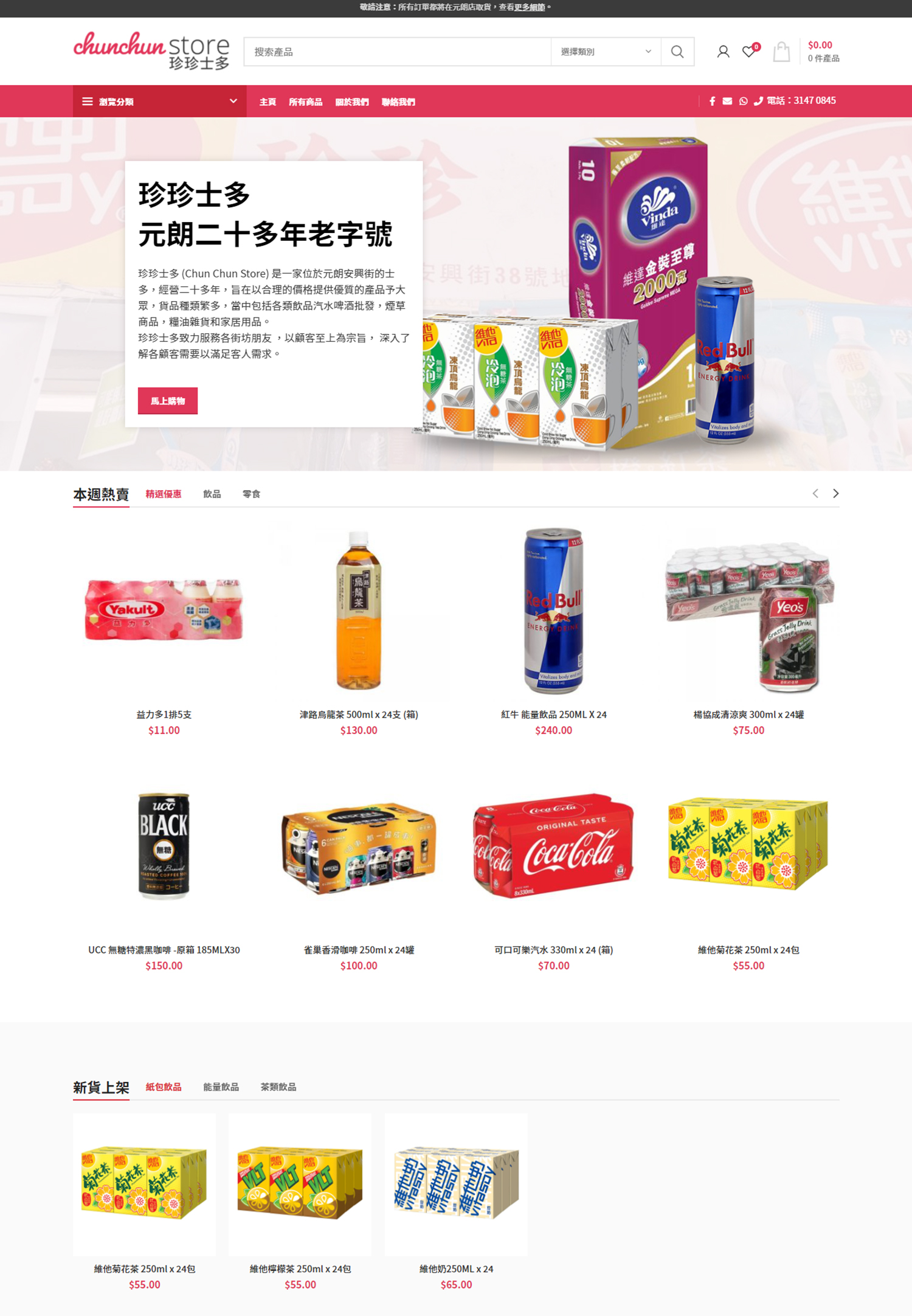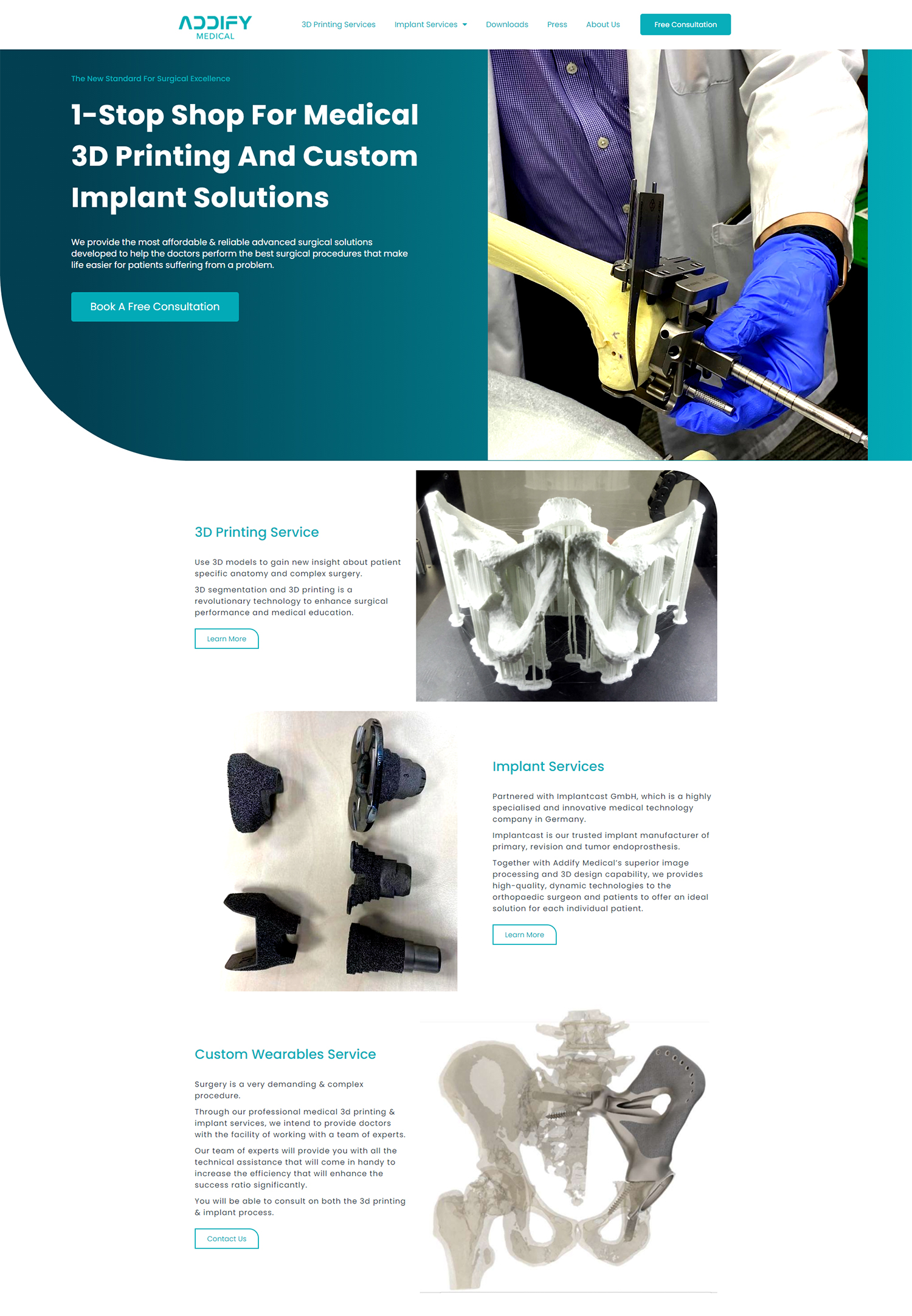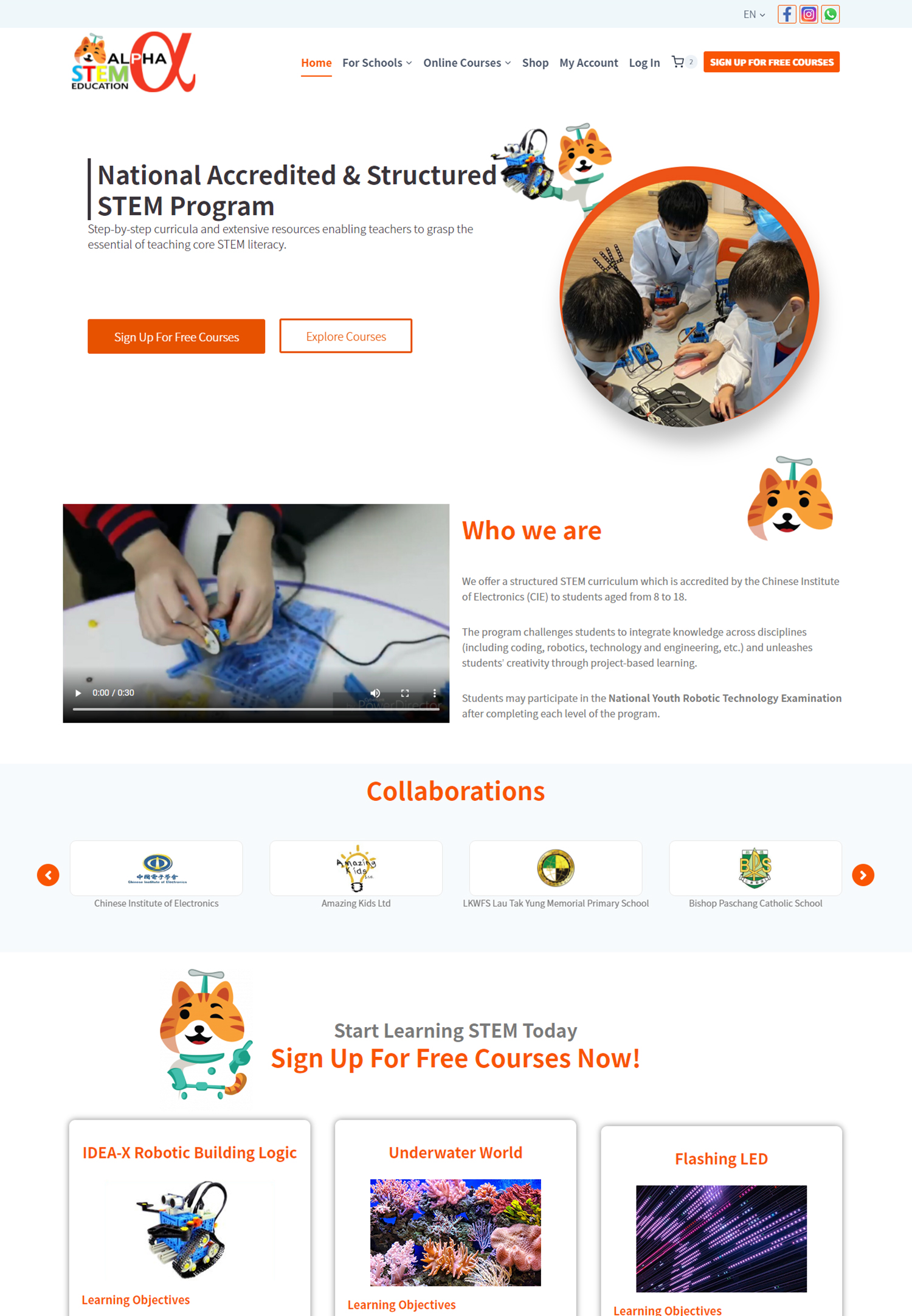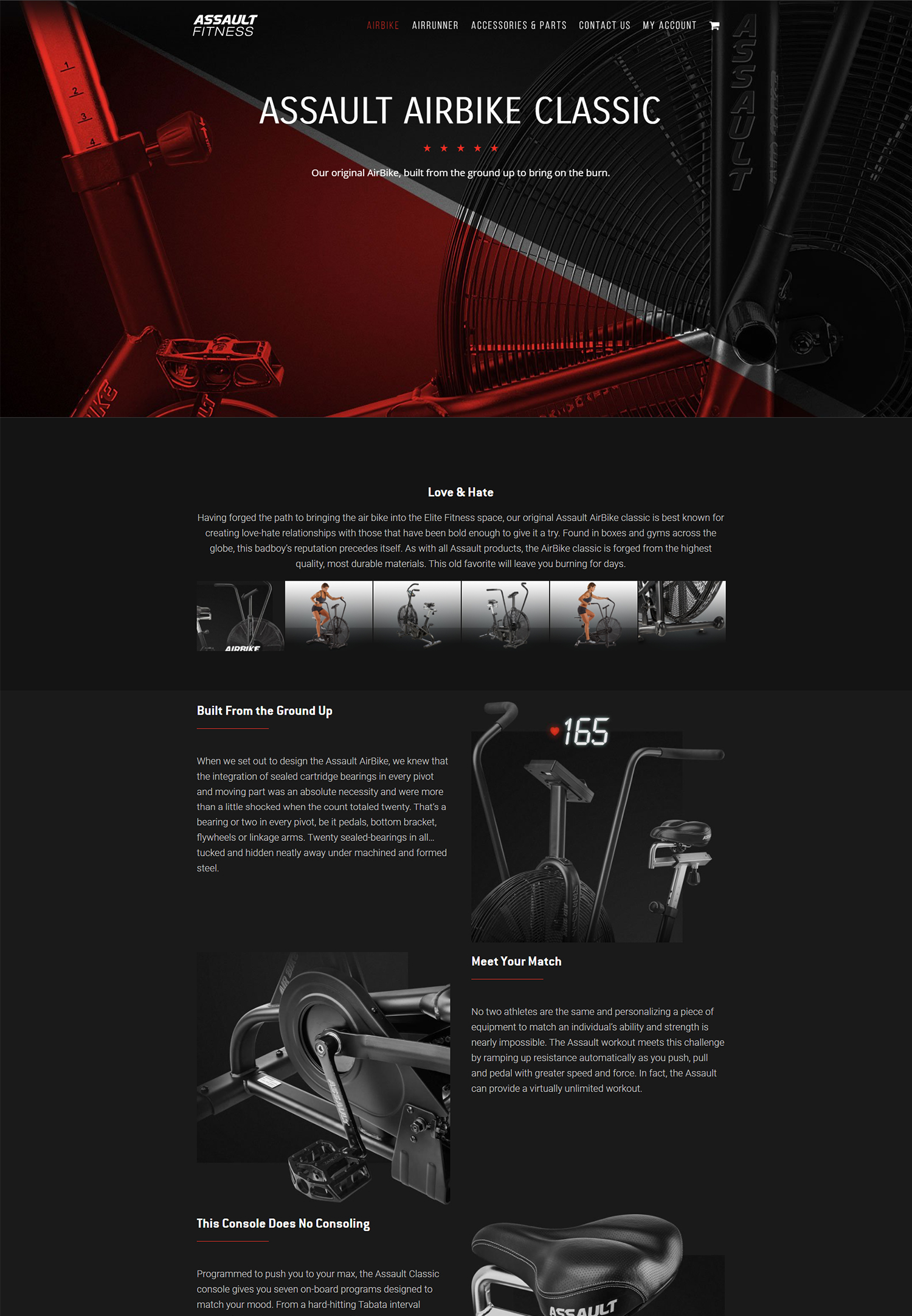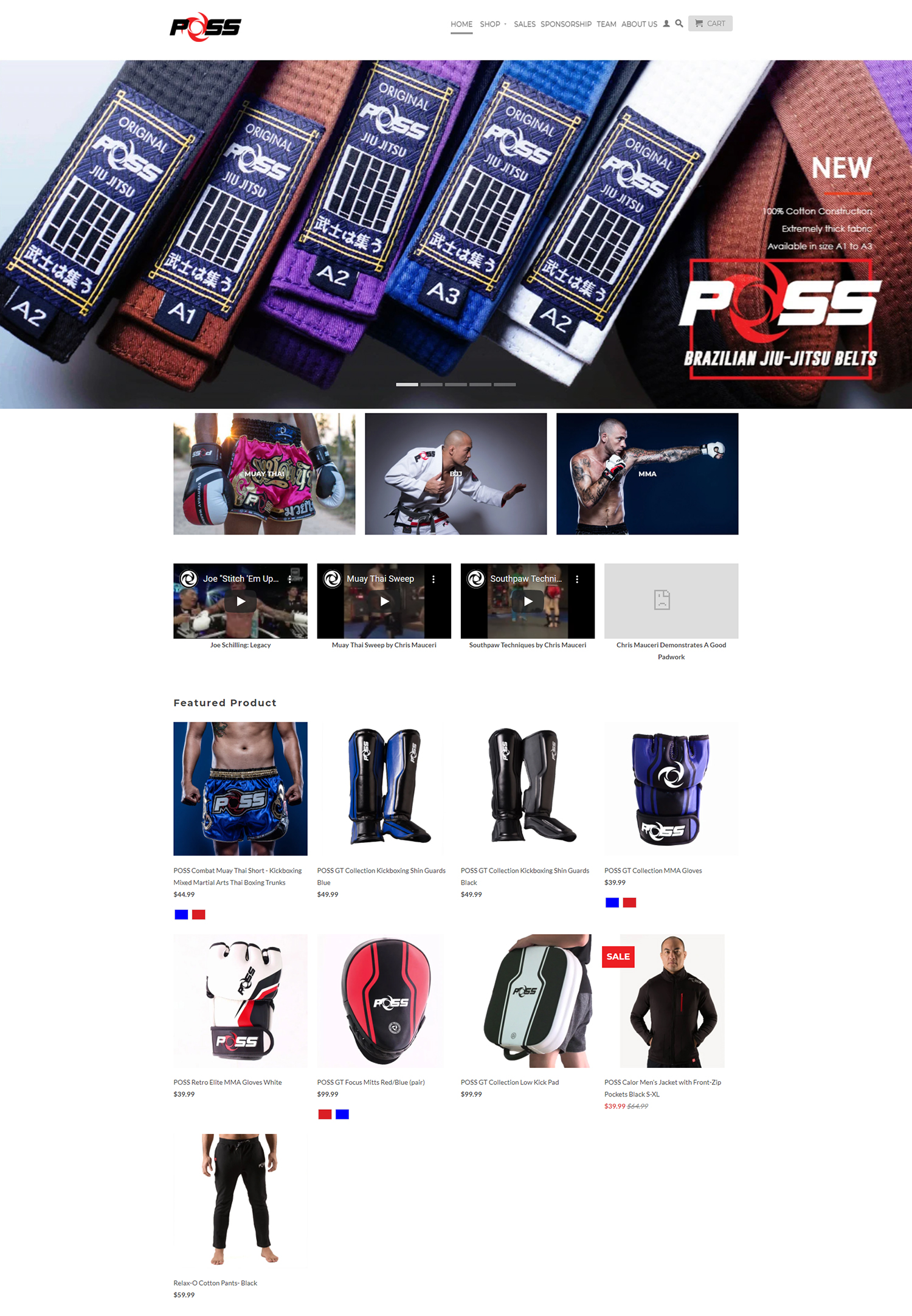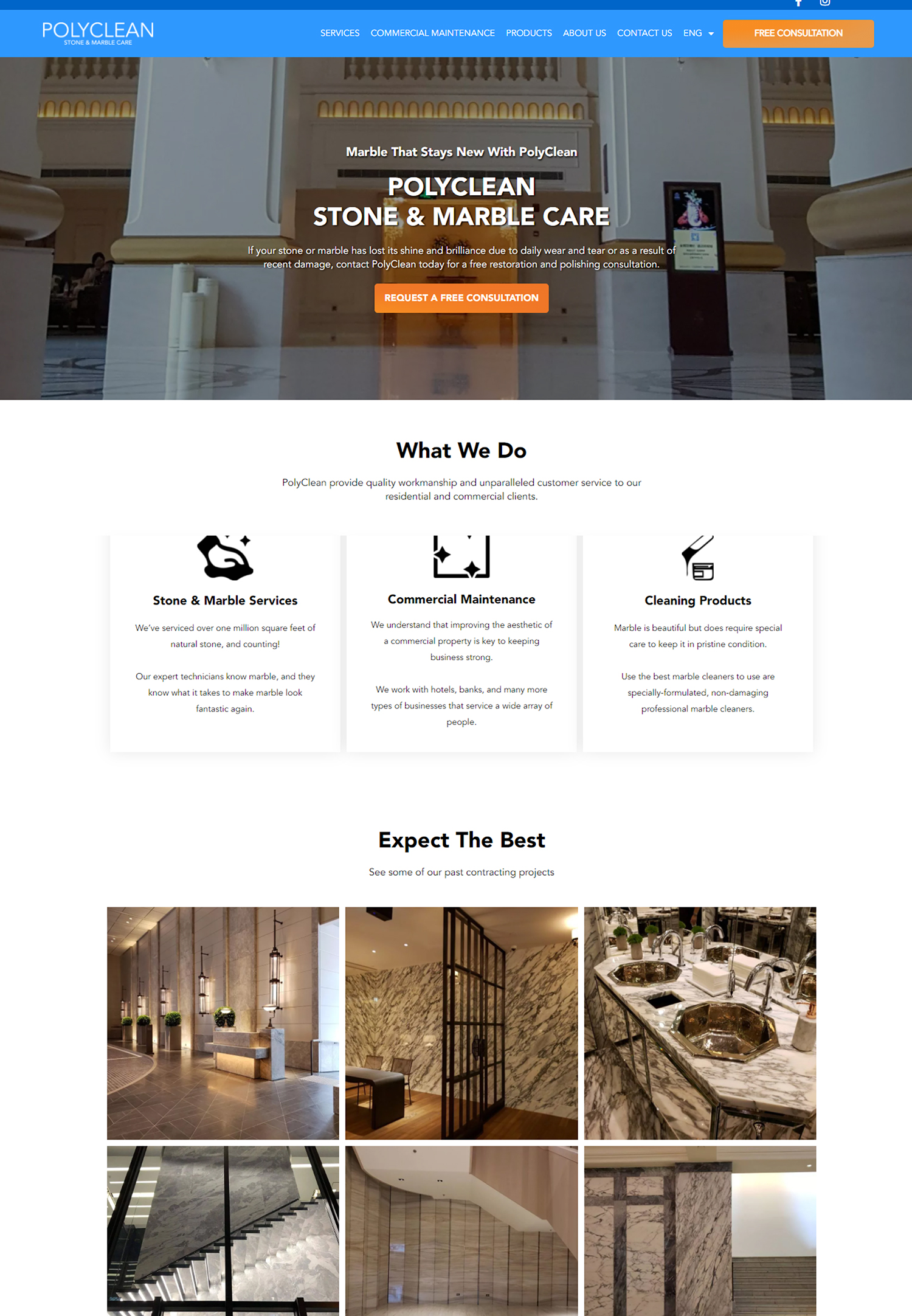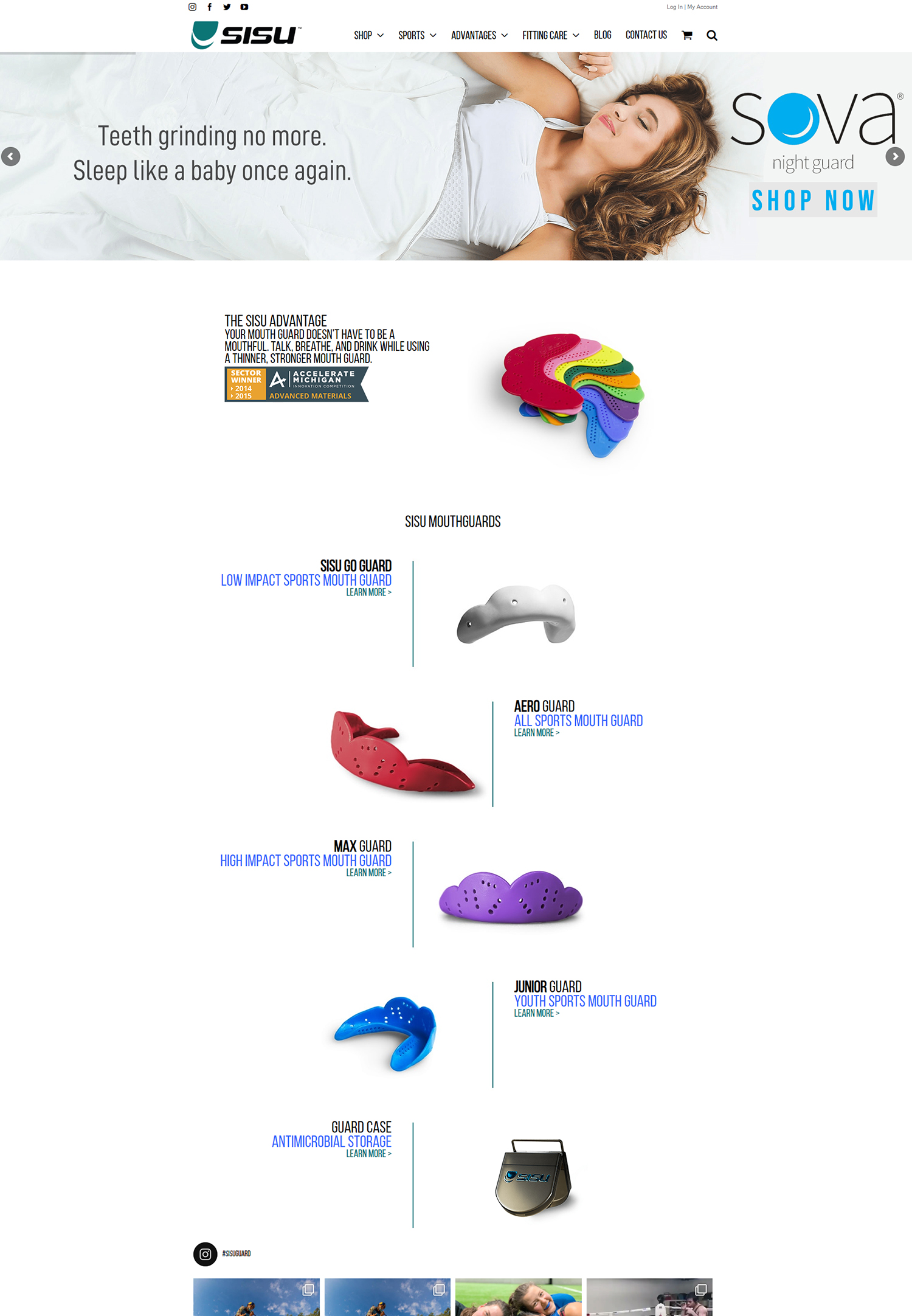Digital marketing encompasses a broad spectrum of online strategies and techniques aimed at promoting products or services through digital channels. At its core, it leverages the internet and electronic devices to connect with potential customers. Unlike traditional marketing, which often relies on print media, television, or radio, digital marketing utilizes platforms such as websites, social media, email, and search engines to reach audiences more effectively.
This shift towards digital has transformed how businesses interact with consumers, allowing for more targeted and measurable campaigns. One of the fundamental aspects of digital marketing is its ability to provide real-time data and analytics. Businesses can track user behavior, engagement rates, and conversion metrics almost instantaneously.
This data-driven approach enables marketers to refine their strategies based on actual performance rather than assumptions. For instance, if a particular ad campaign is underperforming, marketers can quickly adjust their tactics—whether that means changing the ad copy, targeting a different demographic, or reallocating budget to more effective channels. This agility is a significant advantage in today’s fast-paced digital landscape.
Key Takeaways
- Digital marketing involves promoting products or services using digital technologies, such as the internet and mobile devices.
- A strong online presence is crucial for businesses to reach and engage with their target audience.
- Social media can be a powerful tool for small businesses to connect with customers and promote their products or services.
- Email marketing can be an effective and affordable way for small companies to reach and engage with their customer base.
- SEO is essential for increasing a business’s visibility and driving organic traffic to their website.
Creating a Strong Online Presence
Establishing a robust online presence is crucial for any business looking to thrive in the digital age. This begins with a well-designed website that serves as the cornerstone of a company’s online identity. A website should not only be visually appealing but also user-friendly, ensuring that visitors can easily navigate through its pages.
Key elements include clear calls-to-action (CTAs), mobile responsiveness, and fast loading times. For example, a local bakery might showcase its menu, customer testimonials, and an online ordering system to enhance user experience and drive sales. In addition to a functional website, businesses must also consider their branding across various online platforms.
Consistency in messaging, tone, and visual elements helps build brand recognition and trust among consumers. This includes maintaining uniformity in logos, color schemes, and even the style of communication across social media profiles and email newsletters. A small business that sells handmade jewelry might use similar imagery and language on its Instagram account as it does on its website to create a cohesive brand experience that resonates with its target audience.
Utilizing Social Media for Business Growth
Social media platforms have revolutionized how businesses engage with their customers. With billions of users worldwide, platforms like Facebook, Instagram, Twitter, and LinkedIn offer unparalleled opportunities for outreach and interaction. For small businesses, social media can serve as a cost-effective marketing tool that fosters community engagement and brand loyalty.
By sharing content that resonates with their audience—such as behind-the-scenes looks at product creation or customer stories—businesses can cultivate a loyal following that translates into sales. Moreover, social media advertising allows for precise targeting based on demographics, interests, and behaviors. For instance, a fitness studio can create ads specifically aimed at individuals interested in health and wellness within a certain geographic area.
This targeted approach not only maximizes ad spend efficiency but also increases the likelihood of converting viewers into customers. Engaging with followers through comments and direct messages further enhances relationships and encourages word-of-mouth referrals, which are invaluable for small businesses.
Email Marketing Strategies for Small Companies
| Strategy | Description |
|---|---|
| Targeted Audience | Identify and segment the audience based on demographics, behavior, and interests. |
| Compelling Content | Create engaging and relevant content to capture the audience’s attention. |
| Personalization | Customize emails with the recipient’s name and other personalized details. |
| Mobile Optimization | Ensure that emails are optimized for mobile devices for better accessibility. |
| Call-to-Action | Include clear and compelling calls-to-action to drive desired actions from recipients. |
Email marketing remains one of the most effective digital marketing strategies for small businesses. It allows companies to communicate directly with their audience in a personalized manner. Building an email list is essential; businesses can encourage sign-ups through website pop-ups, social media promotions, or in-store incentives.
Once a list is established, crafting compelling content becomes paramount. Emails should provide value—whether through exclusive discounts, informative articles, or updates about new products—to keep subscribers engaged. Segmentation is another critical strategy in email marketing.
By categorizing subscribers based on their preferences or behaviors, businesses can tailor their messages to meet specific needs. For example, an online bookstore might segment its audience into genres such as fiction, non-fiction, or children’s literature. This allows for targeted campaigns that resonate more deeply with each group.
Additionally, analyzing open rates and click-through rates can help refine future campaigns, ensuring that content remains relevant and engaging.
Search Engine Optimization (SEO) for Increased Visibility
Search Engine Optimization (SEO) is the practice of enhancing a website’s visibility on search engines like Google. By optimizing content with relevant keywords and improving site structure, businesses can increase their chances of appearing in search results when potential customers look for related products or services. For small businesses operating in competitive markets, effective SEO strategies can significantly impact visibility and traffic.
This involves both on-page SEO—such as optimizing title tags and meta descriptions—and off-page SEO techniques like building backlinks from reputable sites. Local SEO is particularly vital for small businesses that serve specific geographic areas. By optimizing for local search terms and ensuring that business information is consistent across online directories like Google My Business, companies can attract nearby customers actively searching for their offerings.
For instance, a local coffee shop might optimize its website for keywords like “best coffee near me” or “coffee shop in [city name],” making it easier for local patrons to discover them when searching online.
Pay-Per-Click (PPC) Advertising for Small Businesses
Pay-Per-Click (PPC) advertising is an effective way for small businesses to gain immediate visibility on search engines and social media platforms. Unlike organic search strategies that take time to build momentum, PPC campaigns can generate traffic almost instantly by placing ads at the top of search results or within social media feeds. Businesses only pay when users click on their ads, making it a cost-effective option when managed correctly.
To maximize the effectiveness of PPC campaigns, small businesses should conduct thorough keyword research to identify terms that potential customers are using to find their products or services. For example, a landscaping company might target keywords like “landscaping services near me” or “affordable lawn care.” Additionally, creating compelling ad copy that highlights unique selling propositions—such as special promotions or customer testimonials—can improve click-through rates and conversions.
Content Marketing: Engaging Your Audience
Content marketing focuses on creating valuable content that attracts and engages an audience while ultimately driving profitable customer action. This strategy goes beyond traditional advertising by providing information that addresses the needs and interests of potential customers. For small businesses, content marketing can take various forms—blog posts, videos, infographics, podcasts—each serving to establish authority in their industry while fostering trust with consumers.
For instance, a small organic skincare brand might create blog posts about the benefits of natural ingredients or how to develop a skincare routine tailored to different skin types. By offering this valuable information without overtly selling products, the brand positions itself as an expert in the field while subtly guiding readers toward its offerings. Additionally, sharing this content across social media platforms amplifies reach and encourages engagement through comments and shares.
Measuring and Analyzing Digital Marketing Success
To ensure the effectiveness of digital marketing efforts, measuring and analyzing performance is essential. Various tools are available to track key performance indicators (KPIs) such as website traffic, conversion rates, engagement levels on social media posts, and email open rates. Google Analytics is one of the most widely used tools for monitoring website performance; it provides insights into user behavior, allowing businesses to understand which pages are most popular and where visitors are dropping off.
Regularly reviewing these metrics enables small businesses to make informed decisions about their marketing strategies. For example, if analytics reveal that a particular social media campaign resulted in high engagement but low conversions, it may indicate a need to refine the call-to-action or landing page associated with the campaign. By continuously analyzing data and adjusting strategies accordingly, businesses can optimize their digital marketing efforts for better results over time.






